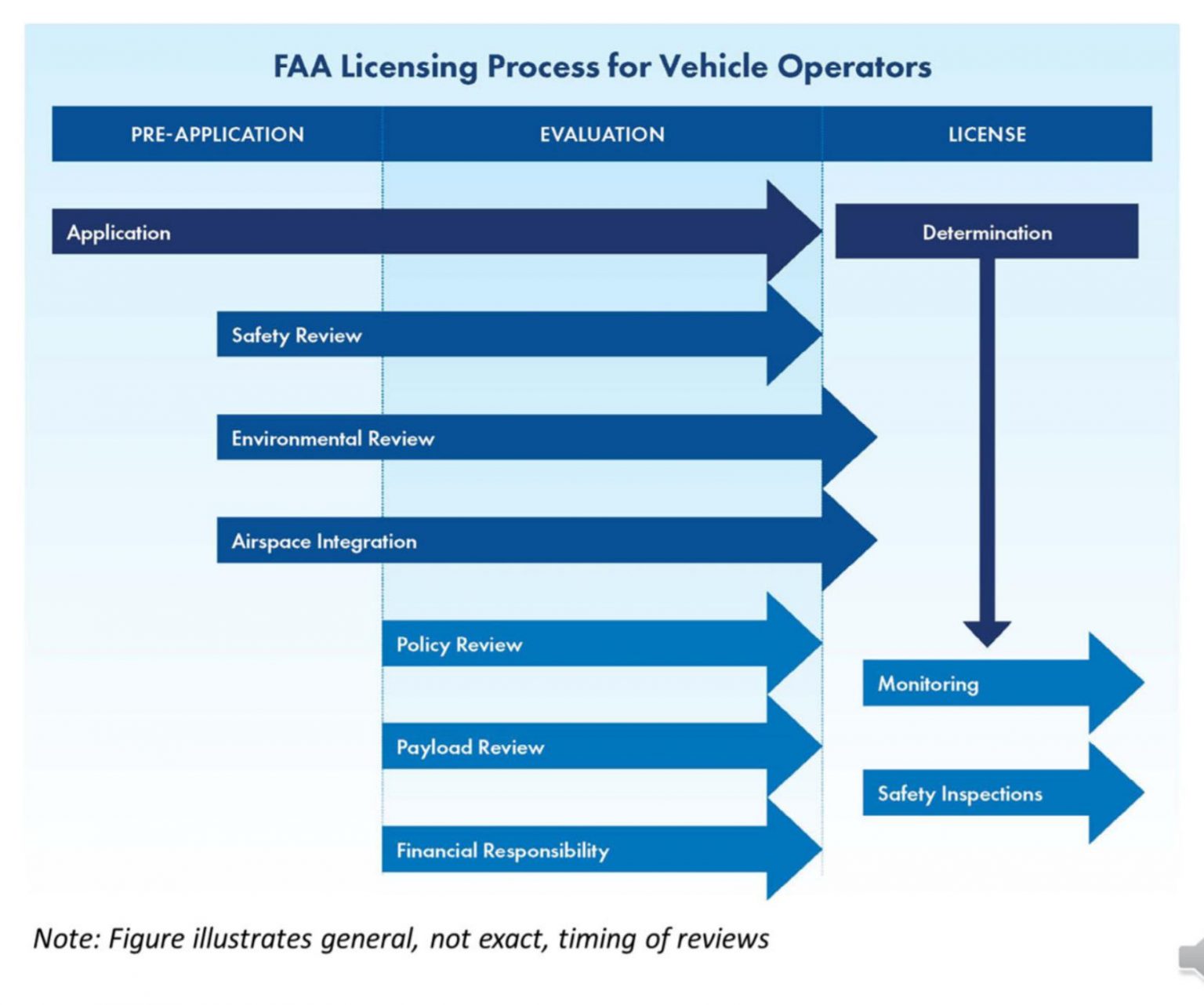Are you interested in pursuing a career as a pharmacist in Brazil? Becoming a pharmacist involves several steps, including education, training, and licensing. In this guide, we’ll outline the pathway to becoming a pharmacist in Brazil, covering the educational requirements, licensing process, and career outlook for pharmacists in the country.
Educational Requirements:
The first step to becoming a pharmacist in Brazil is to complete the necessary educational requirements. This typically involves earning a degree in pharmacy from a recognized university or college. In Brazil, the degree program for pharmacy is known as “Farmácia” and is offered at various institutions across the country.

To be eligible for admission into a pharmacy program in Brazil, students generally need to have completed high school or its equivalent. The pharmacy degree program typically lasts for five years and includes coursework in subjects such as pharmaceutical chemistry, pharmacology, pharmaceutics, and pharmacotherapy.
During their studies, pharmacy students in Brazil also gain practical experience through internships and laboratory work. This hands-on training is essential for developing the necessary skills and knowledge required for a career in pharmacy.
Licensing Process:

After completing a pharmacy degree, aspiring pharmacists in Brazil must obtain a license to practice professionally. The licensing process is overseen by the Brazilian Federal Pharmacy Council (Conselho Federal de Farmácia, CFF) and involves several steps:
Completion of Internship:
Before applying for a license, graduates must complete a mandatory internship period under the supervision of a licensed pharmacist. This internship provides practical training and allows students to apply their knowledge in real-world settings.
National Pharmacy Examination:
The next step is to pass the National Pharmacy Examination (Exame Nacional de Farmácia), which is administered by the CFF. This examination assesses the candidate’s knowledge and competence in pharmacy-related subjects.
Registration with Regional Council:
Upon passing the examination, pharmacists must register with their respective Regional Pharmacy Council (Conselho Regional de Farmácia, CRF) based on their place of residence or practice. Registration involves submitting required documents and paying registration fees.
Continuing Education:
To maintain their license, pharmacists in Brazil must participate in continuing education activities and renew their registration periodically as per the regulations of the CRF.
Career Outlook:
Pharmacists play a crucial role in the healthcare system in Brazil. They are responsible for dispensing medications, providing patient counseling on the proper use of medications, and collaborating with other healthcare professionals to ensure optimal patient care.

The demand for pharmacists in Brazil is expected to grow in the coming years due to factors such as an aging population, increased access to healthcare services, and advancements in pharmaceutical research. Pharmacists can work in various settings, including community pharmacies, hospitals, pharmaceutical companies, and regulatory agencies.
Conclusion
In summary, becoming a pharmacist in Brazil requires dedication, education, and obtaining the necessary licenses. By completing a pharmacy degree program, undergoing practical training, passing the national examination, and registering with the relevant authorities, aspiring pharmacists can embark on a fulfilling and rewarding career in the field of pharmacy.
If you’re considering a career in pharmacy in Brazil, be sure to research specific requirements from the CFF and CRF to stay informed about the latest regulations and procedures. With determination and commitment, you can achieve your goal of becoming a licensed pharmacist and making a positive impact on healthcare in Brazil.
Remember, the journey to becoming a pharmacist in Brazil begins with taking the first step towards pursuing a pharmacy degree. Start exploring educational opportunities and chart your path towards a rewarding career in pharmacy!


